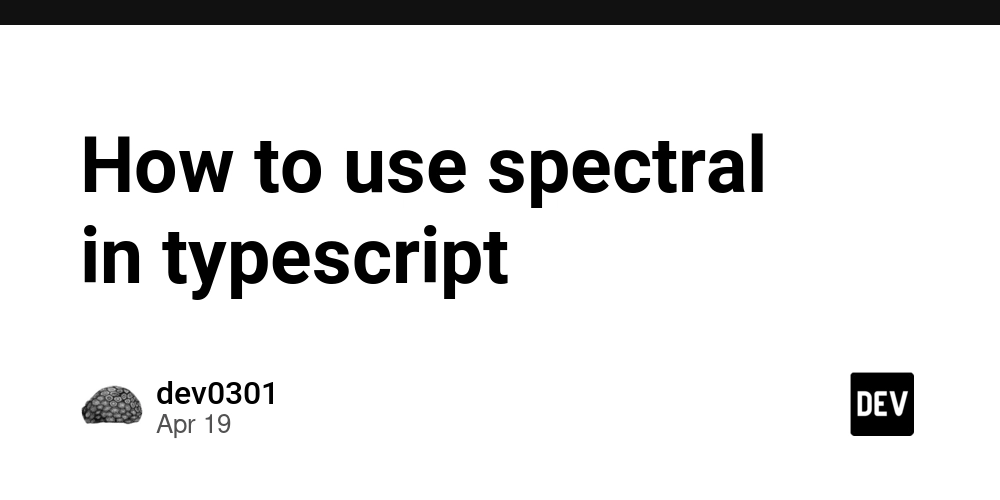Data shows growing GenAI adoption in K-12
Almost 3 in 5 K-12 educators (55 percent) have positive perceptions about GenAI, despite concerns and perceived risks in its adoption, according to updated data from Cengage Group's “AI in Education” research series.


Key points:
- K-12 GenAI adoption rates have grown–but so have concerns
- A new era for teachers as AI disrupts instruction
- With AI coaching, a math platform helps students tackle tough concepts
- For more news on GenAI, visit eSN’s AI in Education hub
Almost 3 in 5 K-12 educators (55 percent) have positive perceptions about GenAI, despite concerns and perceived risks in its adoption, according to updated data from Cengage Group‘s “AI in Education” research series, which regularly evaluates AI’s impact on education.
This edition, which surveyed over 3,000 higher-ed students and instructors and over 1,000 K-12 teachers and administrators, found similarities among higher-ed instructors’ and K-12 teachers’ optimism for GenAI specifically.
However, while both K-12 and higher ed share similar optimism, the data also exposed strong differences in GenAI adoption rates. Nearly 2 in 3 K-12 teachers (63 percent) say they (or their school district) have incorporated GenAI technology into their teaching process compared to 49 percent of higher-ed instructors.
“Educators and administrators remain optimistic about the potential of GenAI and are starting to realize the positive impact it can have on learning,” said Kimberly Russell, vice president, UX, Market and Product Research at Cengage Group. “While we’re encouraged by this optimism, we found a significant delta–28 percent difference–in reported adoption rates between both groups. Adoption and usage trends are important because they provide our product development team a more holistic view of how both markets are using GenAI in education.”
Within K-12, YoY adoption has increased, including an 18 percent increase in teachers who recently started using GenAI prior to this semester/school year (40 percent; 16 percent in 2024). However, adoption has increased alongside a rise in concerns about GenAI risk with 88 percent of administrators (+4 percent YoY) and 87 percent of teachers (+4 percent YoY) believing there is a moderate to severe risk in using GenAI. While K-12 teachers’ concerns about GenAI’s impact on academic integrity (83 percent, -1 percent YoY) and a lack of training/support (34 percent, -4 percent YoY) have gone down, concerns about data privacy (32 percent, +4 percent YoY) have increased.
Additional findings among K-12 teachers and administrators show:
- Demand for future use cases: For districts planning to use GenAI, there was a notable increase in demand for teacher support (53 percent, +15 percent YoY), classroom support (40 percent, +13 percent YoY) and tutoring (23 percent, +9 percent YoY). Additional features that would further increase K-12 adoption include GenAI products that help personalize instruction (27 percent), completing administrative tasks (20 percent), helping language learners (17 percent), instruction (16 percent) and lesson planning (14 percent).
- Specific content generation needs: K-12 teachers are more likely to adopt GenAI materials that can create and build the following types of content: assessments (e.g., test and quiz questions) (34 percent), animations (e.g., videos integrated into digital content) (30 percent), narrative content (e.g., textbook readings) (30 percent) and visuals (e.g., images included in textbooks and digital content) (29 percent).
- GenAI isn’t going anywhere: Nearly all administrators (96 percent; +2 percent from 2024) and teachers (87 percent; +3 percent from 2024) believe GenAI will play an increasingly important role in education to boost student engagement (teachers: 66 percent, +4 percent YoY; administrators: 81 percent, +1 percent YoY) and bridge the gap between traditional and online learning (teachers: 62 percent, -1 percent YoY; administrators: 73 percent, +3 percent YoY).
“We’re encouraged to see high adoption rates within the K-12 market, but the data shows there’s still work to be done,” said Darren Person, chief digital officer at Cengage Group. “There is tremendous potential for K-12 to continue realizing the impact that GenAI can have on education, but first, we must overcome and close perceived gaps around data and privacy concerns. We know that before any new tool or technology is introduced, K-12 educators and administrators, rightfully, have an invested interest in the security and safety of students and their learning environments.”
This press release originally appeared online.










































































